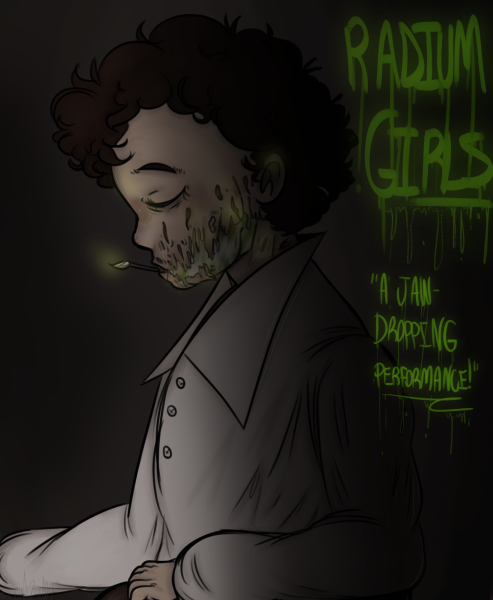What effect does no state budget have on us?
1. No state budget
On January 29, 2016, the Illinois Governor gave his second state of the state address after a seven month budget stand off between Republican governorship and the Democrat legislature. This has caused budget cuts in many social services and put Illinois further into debt. At this point there is no state budget, though the state is still spending money, under court order, to keep some social services running.
2. Businesses and social services have been forced to close or reduce services. The state owes $2 million to Ashley’s Quality Care in Chicago, which provides in-home care workers to keep seniors out of nursing homes. Local social services are also being cut, as well as delays for upcoming projects, affecting long-term planning and forcing significant cuts to employment and programming.
The Lutheran Social Services, the top provider in the state announces that it will have to cut 43% of its employees.
3. Services in Jo Daviess county have also been affected. “The Illinois budget impasse has affected services in our area,” said Carrie Melton Executive Director of the Riverview Center. “As an overall impact on services, we have had to reduce the availability of DV (domestic violence) services, [we] do not have the ability to provide 24-hour services until we are fully staffed in that program, and [we] are limited on therapy services in the Carroll County office because of a vacancy in that position,” said Carrie Melton.
Illinois is hurting financially. Hard hit are construction contractors who have been left IOU’s instead of payments.
Without a budget, the state has still continued to operate and spend to keep some services working, but many employees find themselves laid off due to the lack of funding and budget.
“In December, the state passed funding release for our domestic violence services. So, for six months we had not received any funds from the state to provide those services. As a result we laid off staff in our domestic violence program,” said Carrie Melton.
4. Galena School District has also been affected. In the seventeen state funded areas of the school, three are falling behind– special education, transportation, and the lunch program. According to interim superintendent Steve Bianchetta, for special education the state is two months behind in payments, paying only $22,000, when $46,000 is owed. The transportation system is to be given four payments a year, currently the state has only paid one fourth of these payments. The lunch program is behind on a state level, however Galena High School is on a National food plan as well. Luckily, most school revenue is from local taxes, keeping schools from being more affected by the state impasse, and lack of state budget.
5. Rauner plans to reverse the drain of jobs. In Governor Rauner’s second state of the state address, he spoke about the government’s need to regain the public’s trust in order to remedy the situation. He complained that jobs are leaving Illinois, and as a state we need to compete with other states and create new jobs. In recent years we have lost 300,000 jobs in manufacturing and other areas of the state industry. “We have fewer jobs than at the turn of the century,” said Bruce Rauner Governor of Illinois. “Illinois’ existing policies were meant to help working people and the middle class, but are now having just the opposite effect,” said Rauner about the policies currently in the state of Illinois.





